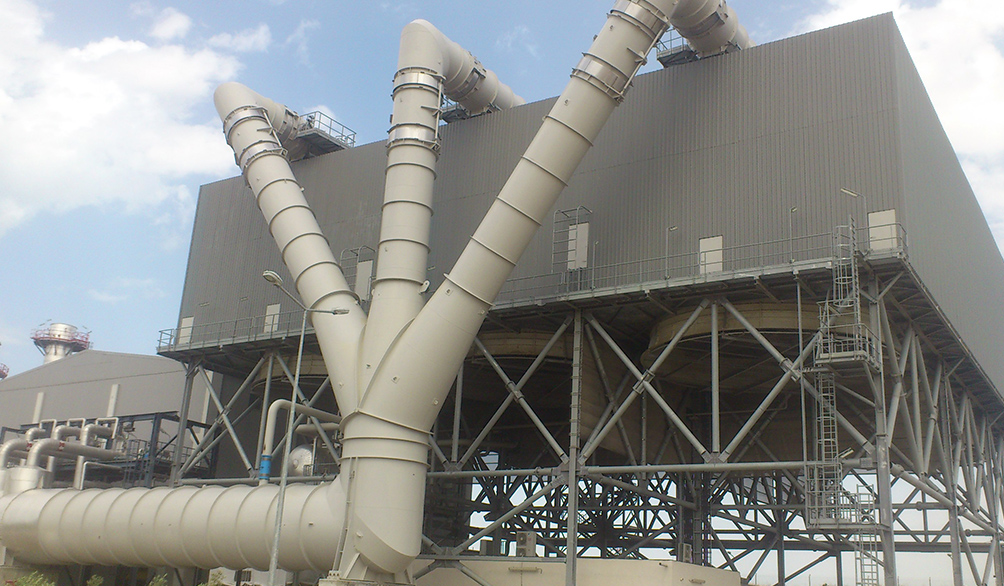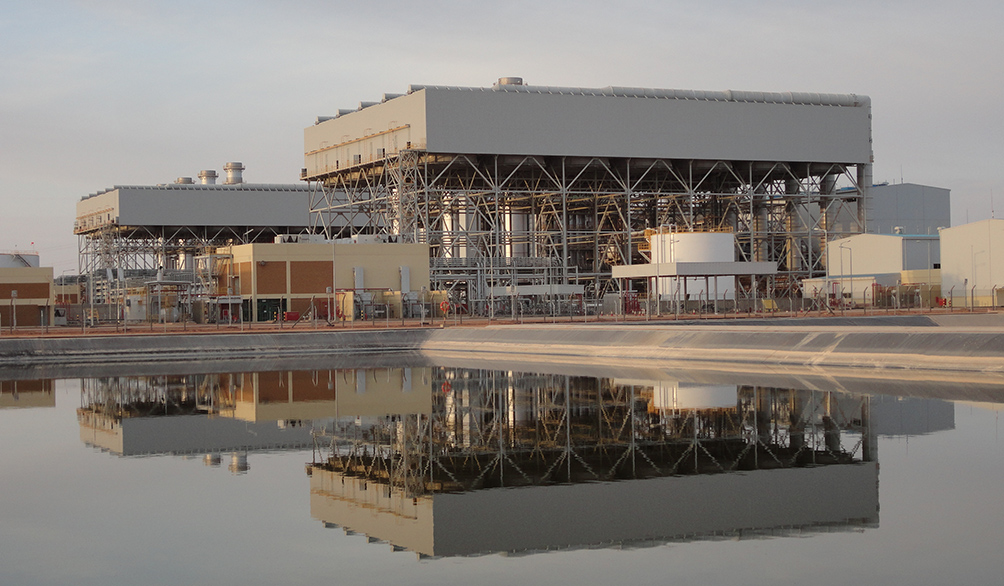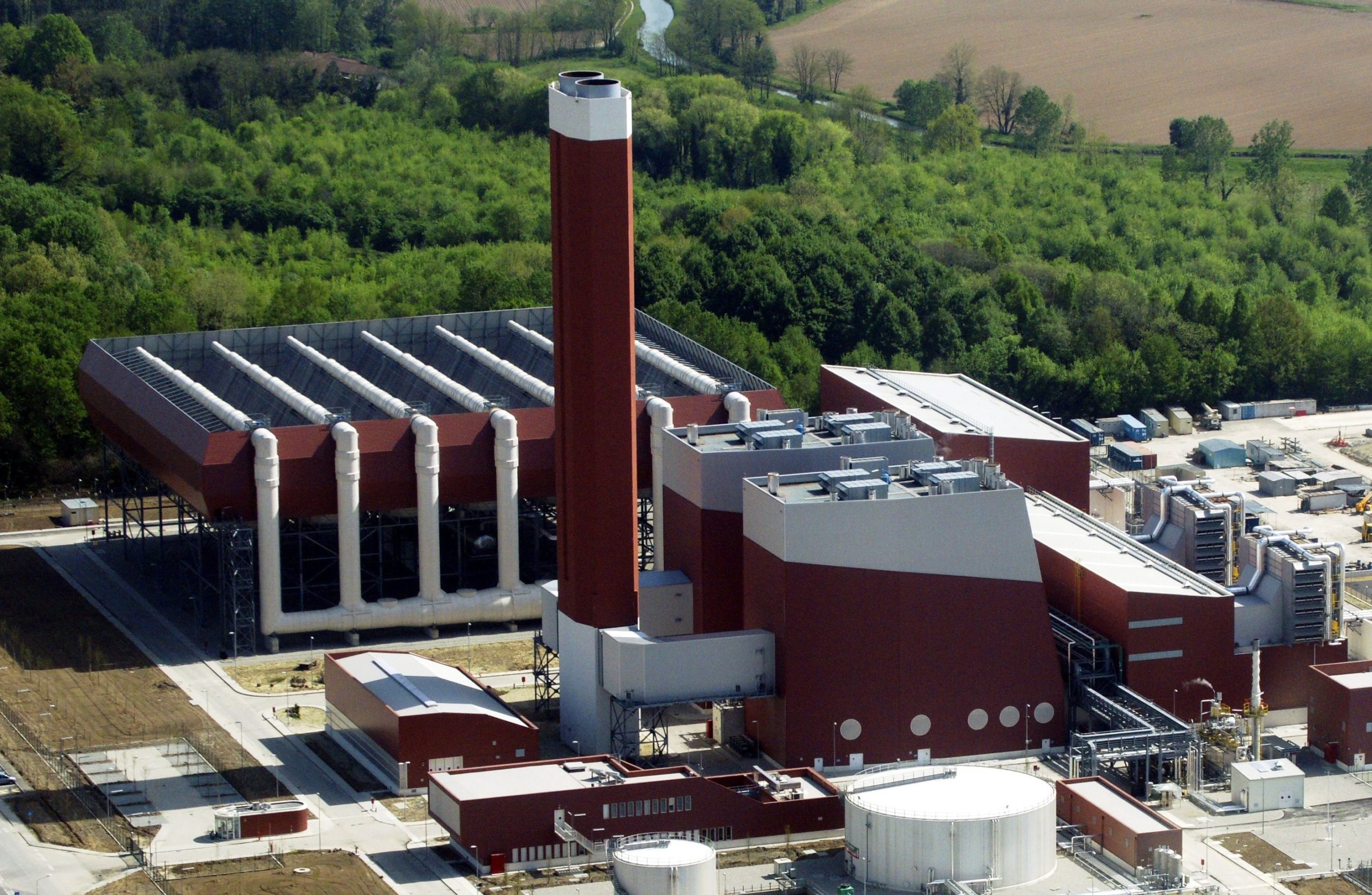Case study: Aftermarket CPV Valley
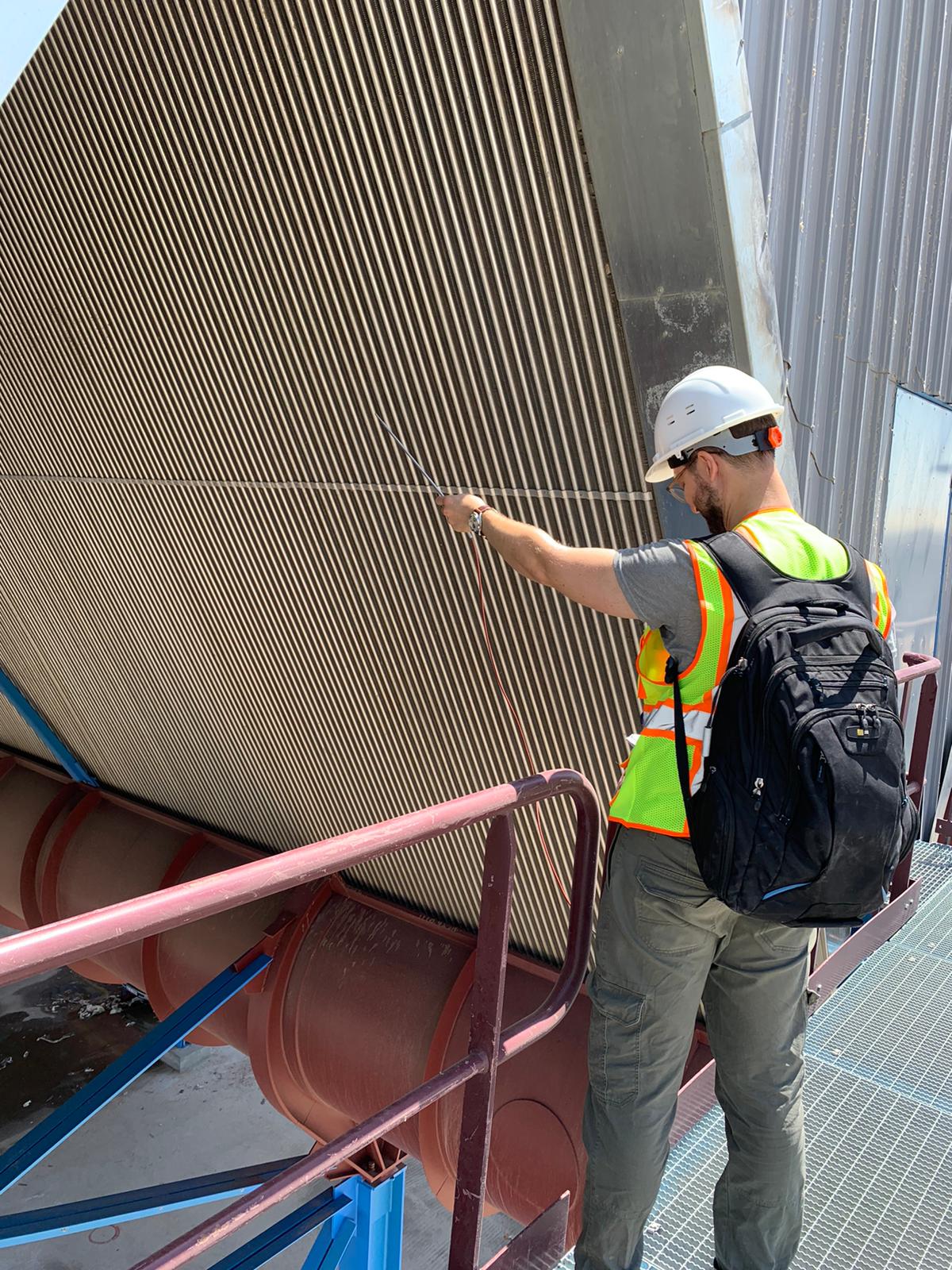
Case study
Inspection and ACC360®
CPV Valley (USA)
Valley Energy Center (VEC) aimed to optimize the performance of its air-cooled condenser (ACC) to enhance overall efficiency. Initially appearing efficient, the ACC faced subcooling issues, prompting proactive analysis to uncover underlying challenges.
Upon closer examination, VEC discovered performance-robbing subcooling despite the use of a second vacuum pump to compensate for air ingress. Further investigation revealed that excess air flow and slight air ingress were driving the subcooling anomaly. Additionally, limitations within the distributed control system (DCS) logic exacerbated the problem, hindering the ACC's ability to adjust and optimize performance effectively.
01
Challenges
-
VEC faced several challenges in optimizing ACC performance. These included persistent subcooling despite corrective measures, limitations in the DCS logic preventing efficient adjustments, and the impact of air ingress on cooling capacity.
02
Solution
-
To address these challenges, VEC collaborated with SPG Dry Cooling to conduct a thorough survey of the ACC, identify leaks, and implement corrective measures. Despite initial efforts, subcooling persisted due to limitations in the DCS logic. Further adjustments were made to the DCS logic, including modifications to the deadband and setpoint, to optimize fan operation and reduce parasitic power consumption.
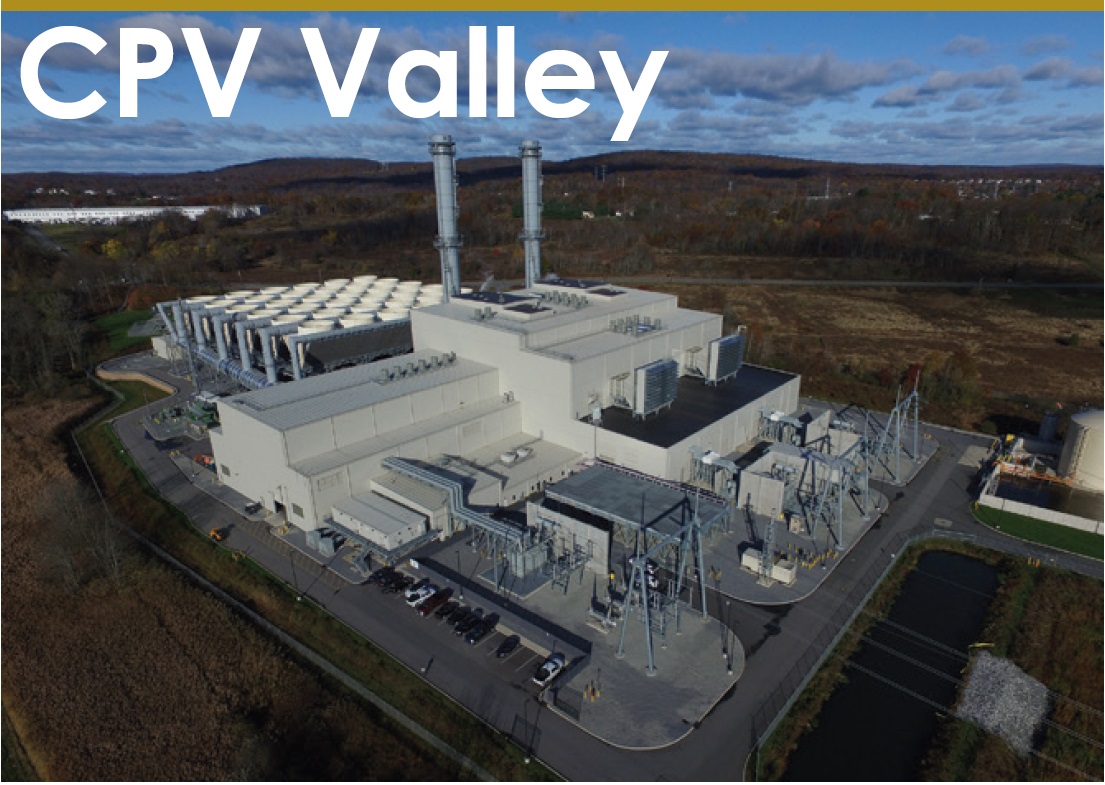
Service
Result
The adjustments made by VEC resulted in a significant reduction in parasitic power consumption by nearly 3 MW, while maintaining required backpressure. This led to improved overall heat rate and efficiency. By addressing the underlying challenges and optimizing ACC performance, VEC was able to enhance operational efficiency and mitigate energy losses, particularly during specific temperature ranges.
Case study
Conclusion
VEC's experience underscores the importance of thorough analysis and optimization in overcoming ACC performance challenges. The successful implementation of adjustments to the DCS logic highlights the critical role of proactive maintenance and continuous improvement in maximizing efficiency. Moving forward, VEC plans to implement remote performance monitoring to sustain and further enhance the realized improvements in ACC performance.
Contact
Interested in a similar solution?
Looking for more information or a personalized quote? Contact us directly or fill in the form.
